Do you prefer silent protagonists?
Is it better if your character never speaks, or would you rather they be voiced like everyone else in the game?
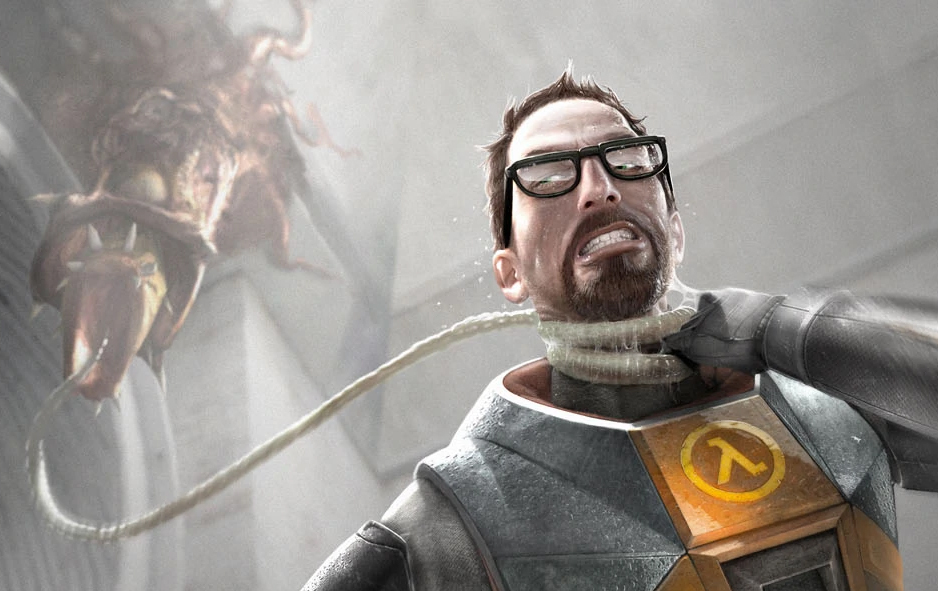
There are plenty of reasons the protagonist in a game may never talk. It could be a lack of budget for voice work or a technical limitation (particularly in older games). Or it might be an attempt to create a more immersive experience—it can be jarring or annoying to inhabit a character who talks too much or says something you had no intention of saying.
But a completely silent protagonist can feel extremely weird, too, especially when they're surrounded by NPCs who do talk. Frankly, both voiced and silent characters present issues when it comes to immersion and feeling like they're really you while you're playing.
And so that's our question this week: Do you prefer a silent protagonist, or one who talks? We've got our answers below, and we'd like to hear yours (if you talk, that is) in the comments.
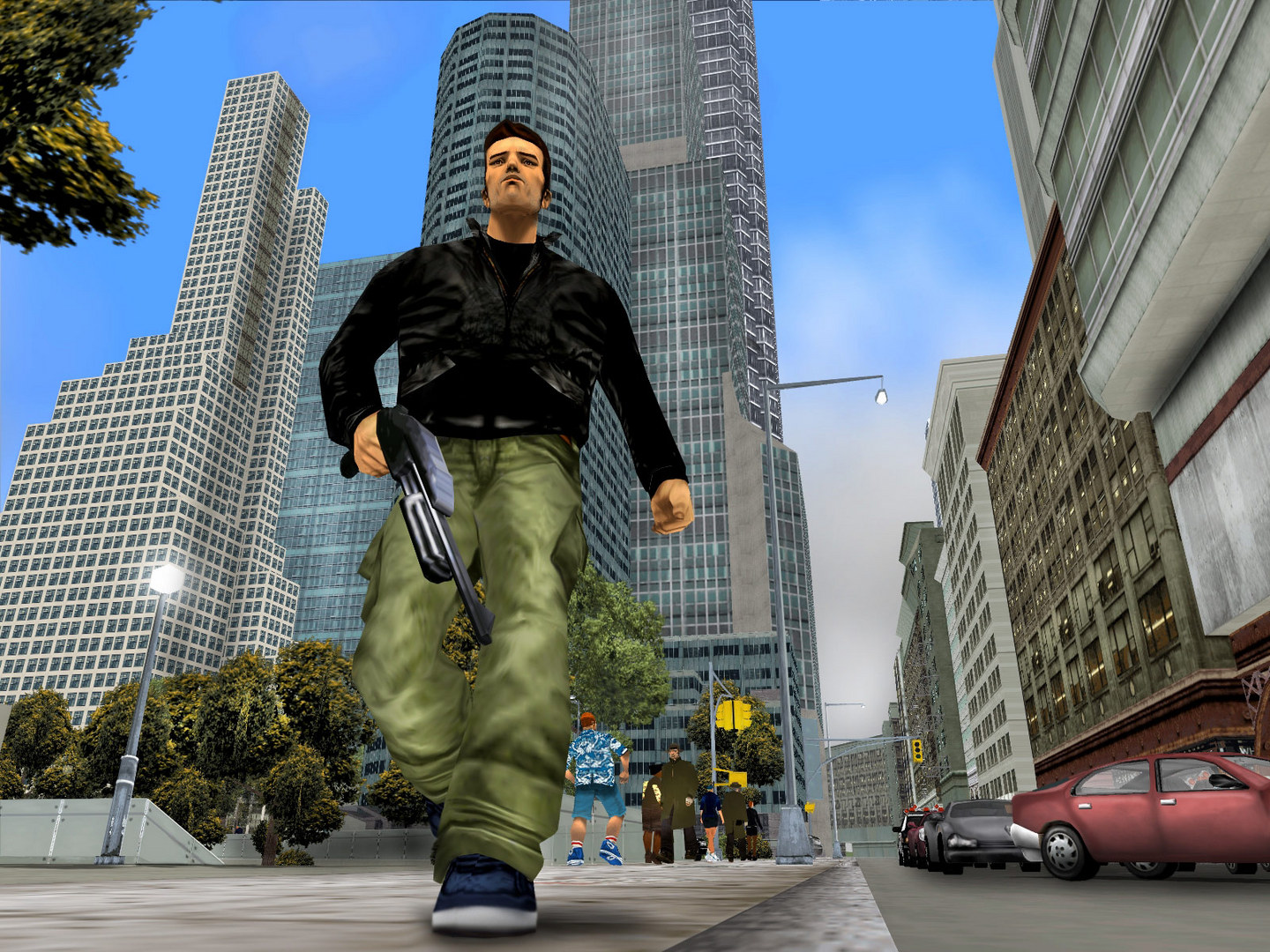
James Davenport
____ ____ __ _______ ____ _____________ ___ __. ________________ ____ _ _ ___ _______ __ ___! ________ __ ____ __ _____ ___________ __ __, ___ __ _____: ____, ____, ________. ___________ __________ ___ ___ ___ ____—_______ _______ ___—________ __ ________ __ ___. ______ _____, ____ __ ___ _______ ___. ___________. _________ ___ ___ _________? _______.
(But really, I prefer silent protagonists. Games that can afford a lot of voice acting also tend to overdo it. Endless audio cues that steer the player towards the goal, one inner monologue after the next where the player-character obviates incoming danger or puzzle solutions or navigation challenges. Subtlety is rarely a concern. VO is too often a band-aid something else lacking in the design, whether it's disorienting level design or noisy UI. I prefer a silent protagonist because it usually (silently) speaks to the confidence of the design as a whole.)
Alice Newcome-Beill
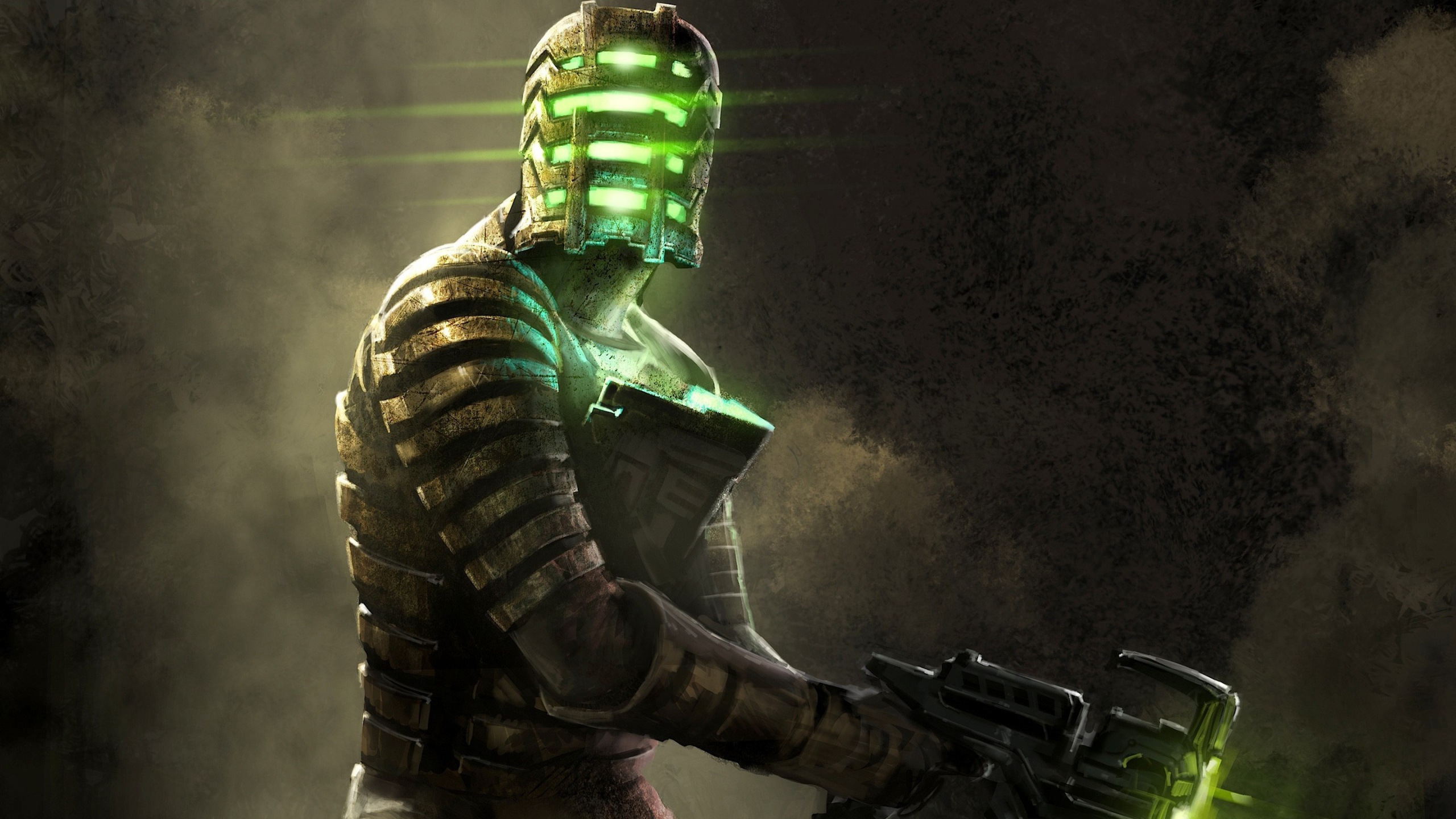
This really depends on the talent of the actor. Sometimes a voiced protagonist can really sell the experience: I think of Jennifer Hale in the Mass Effect series as a standout in this category. But, more often than not, this misses the mark and the developer would be better off leaving the protagonist to be voiceless like Alpha Protocol milquetoast Michael Thorton.
This also becomes more difficult if you're retroactively lending a voice to a character. For the life of me, I can't figure out why Visceral Games needed to give Issac Clarke a voice in the Dead Space franchise when he was a perfectly solid silent protagonist. Silent protagonists force developers to think more creatively when trying to establish a personality for their character and give players the opportunity to impart their own personality on the main character, rather than having one given to them. One of my favorite RPG franchises, Knights of the Old Republic, features a silent protagonist and is still remarkably evocative and allows the player to define the narrative and personality of the protagonist through their actions.
Keep up to date with the most important stories and the best deals, as picked by the PC Gamer team.
Robin Valentine
I really think the time for silent protagonists should be long dead by now. It was a great device when videogames were young, but these days it's just too often a roadblock in the way of good storytelling. I find that awkward style of dialogue where other characters have to basically talk for you so distracting—it always puts me in mind of Sooty and Sweep. Worse, it can often make your character, who should be the driving force of the story, feel passive and submissive, just silently doing whatever they're told. Why would I want to play as that person, when I could be one of these lively side-characters that actually have a personality?
Jody Macgregor
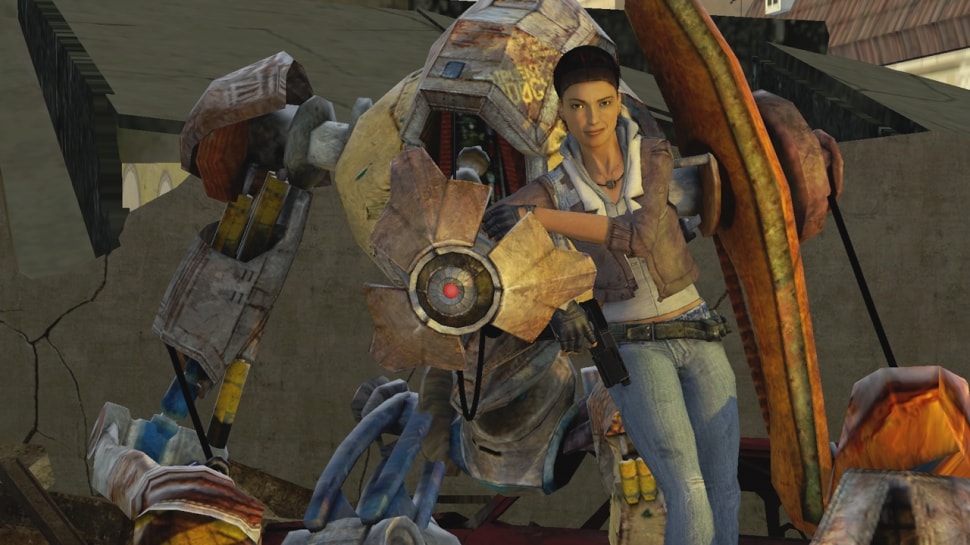
If other characters are voiced I want the protagonist to be voiced too. I can't take Gordon Freeman seriously, and wish they'd given him a voice in all those chatty interactions in Half-Life 2. Just to be difficult, I completely change my mind if it's an RPG where you can communicate via text. Dragon Age: Origins and some of Bethesda's RPGs leave you silent (apart from various sounds of effort—imagine being a voice actor considering where to to rank "the Dragonborn in Skyrim, assorted grunts" in their resume), but give you dialogue choices that I'm happy to imagine being said aloud just like I'm happy to imagine people aren't pausing for me to choose one. If it's a shooter or something though, give me a voiced protagonist.
Chris Livingston
Voiced protags can be annoying and silent ones can be weird. But I'll just about always take silence over a voice. A lot of games are already filled end-to-end with talking, far too much for my liking, and typically when characters are talking the player is doing nothing but waiting and listening.
I'm not playing a game to sit in front of a screen doing nothing—I already do lots of that when I'm watching a movie or TV or listlessly scrolling through Twitter. I'm playing a game so I can have an active role, so the sooner a conversation ends, the better. If being a weirdo who never utters a syllable makes that happen, that's fine with me.
Lauren Morton
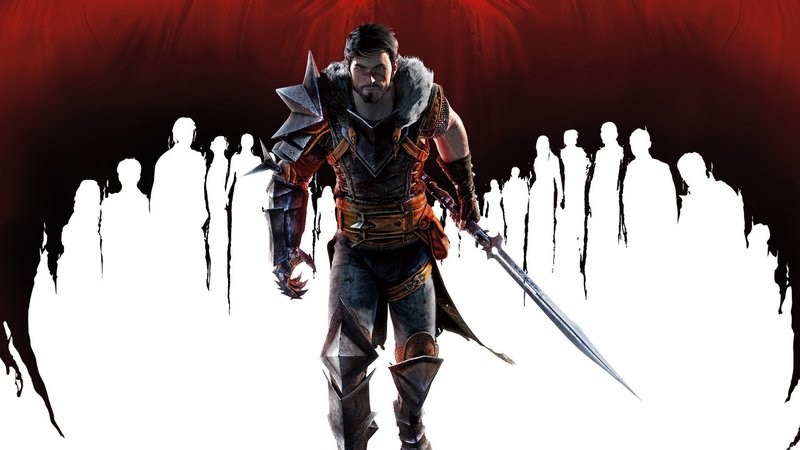
I think about this trade-off most in the transition from Dragon Age: Origins' silent protagonist to Hawke, the fully-voiced protagonist of Dragon Age 2. DA:O had quite a few more dialogue options in each conversation compared with DA2 which simplified choices to the "nice, witty, aggressive" (and exposition questions) wheel that we now know BioWare's RPGs for.
Voice acting is a costly investment and committing to a fully-voiced protagonist means that most studios will keep a tight leash on the number of dialogue options available to the protagonist. I'm often torn because I appreciate the tabletop roots of giving players a wealth of choices and allowing them to roleplay whoever they want to be but the truth is that I adore the personalty that a talented actor can bring to a character. Jo Wyatt and Nicholas Boulton make Hawke a great protagonist while the Grey Warden is just me with a blank look on their face. And yet if you asked me about Fallout 3 and 4 I would say the exact opposite.
Joanna Nelius
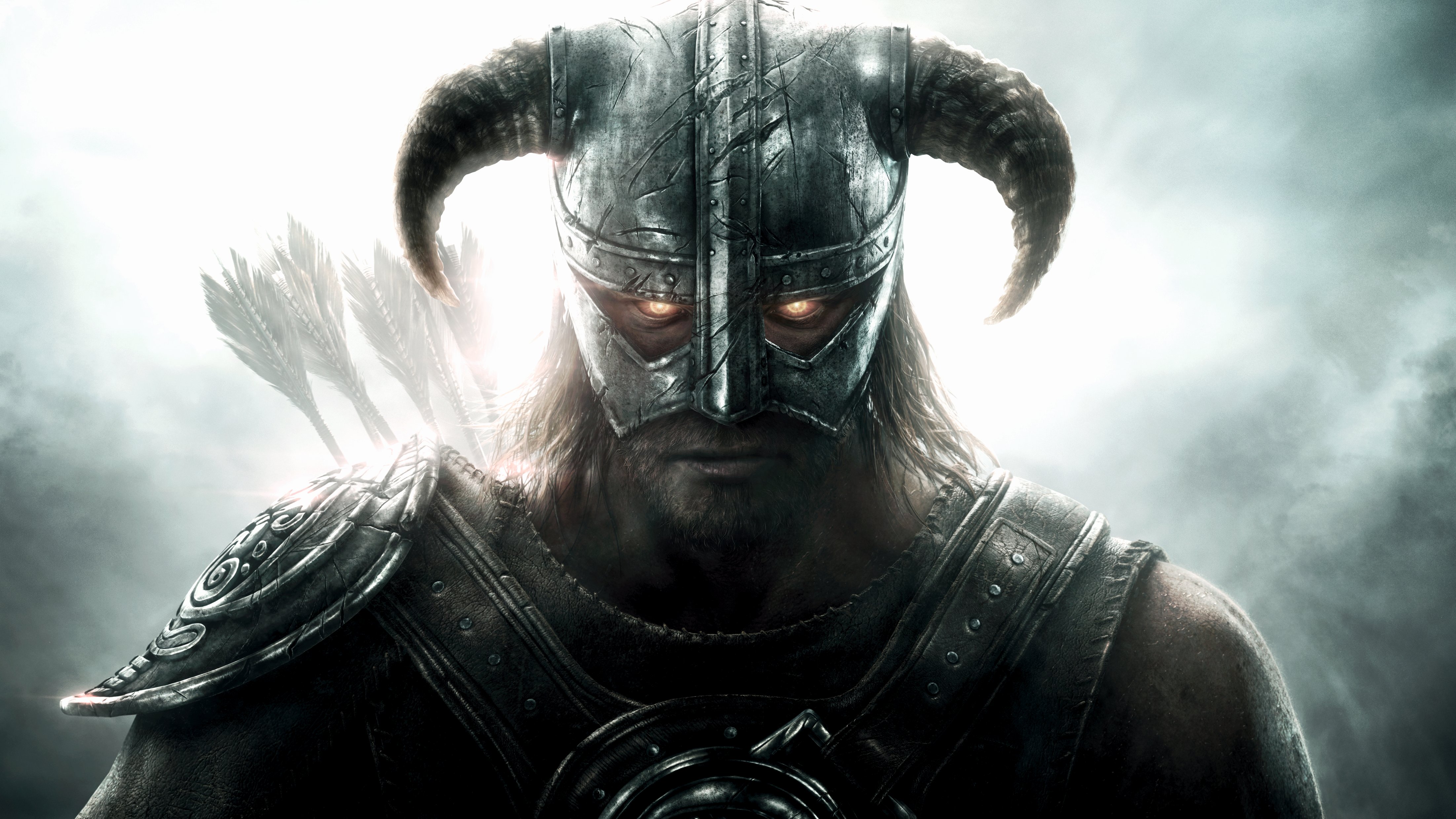
It really all depends on the kind of game and the kind of protagonist, so I can't say I prefer one over the other. I can't image any of the Life is Strange games without a talking protagonist, for instance. That would be weird, since those games are largely defined by relationship-building and are character-driven. But had the dialogue and voice acting not been done well, then it would totally have taken away from the sentimentality.
However, I wouldn't want the protagonist voiced in a game like Skyrim, as that would take away from the feeling of immersion—we're meant to play a fantasy version of ourselves in a RPG. Games where there is a traditional, literary-defined protagonist work better on the whole (linear or branching) with a voiced main character, and games that are non-linear like open worlds work better without.
Phil Savage
Clearly there's no right answer, but is there a wrong one? Hear me out: what if it wasn't just the protagonist that was silent?
Something you'll notice about day-to-day life is that people are always talking to you. They want you to stop doing that, or to start doing that, or to get out of their garden or they'll call the police. It's constant and maddening. And yet when you go to relax at the end of the day, now virtual people are talking to you.
I thought games were supposed to be about escapism. The solution? I'm petitioning for everyone to adopt The Norwood Suite's system of replacing vocal sounds with musical approximations. Thanks for coming to my TED talk.

Chris started playing PC games in the 1980s, started writing about them in the early 2000s, and (finally) started getting paid to write about them in the late 2000s. Following a few years as a regular freelancer, PC Gamer hired him in 2014, probably so he'd stop emailing them asking for more work. Chris has a love-hate relationship with survival games and an unhealthy fascination with the inner lives of NPCs. He's also a fan of offbeat simulation games, mods, and ignoring storylines in RPGs so he can make up his own.

